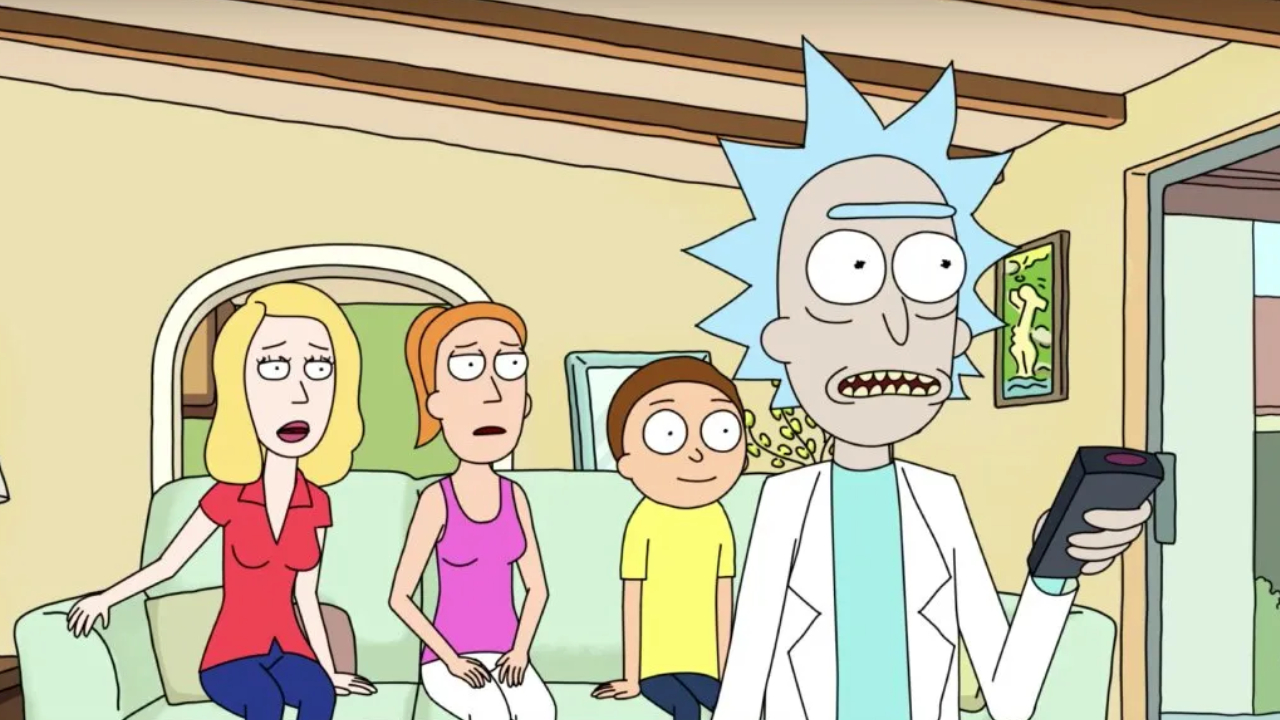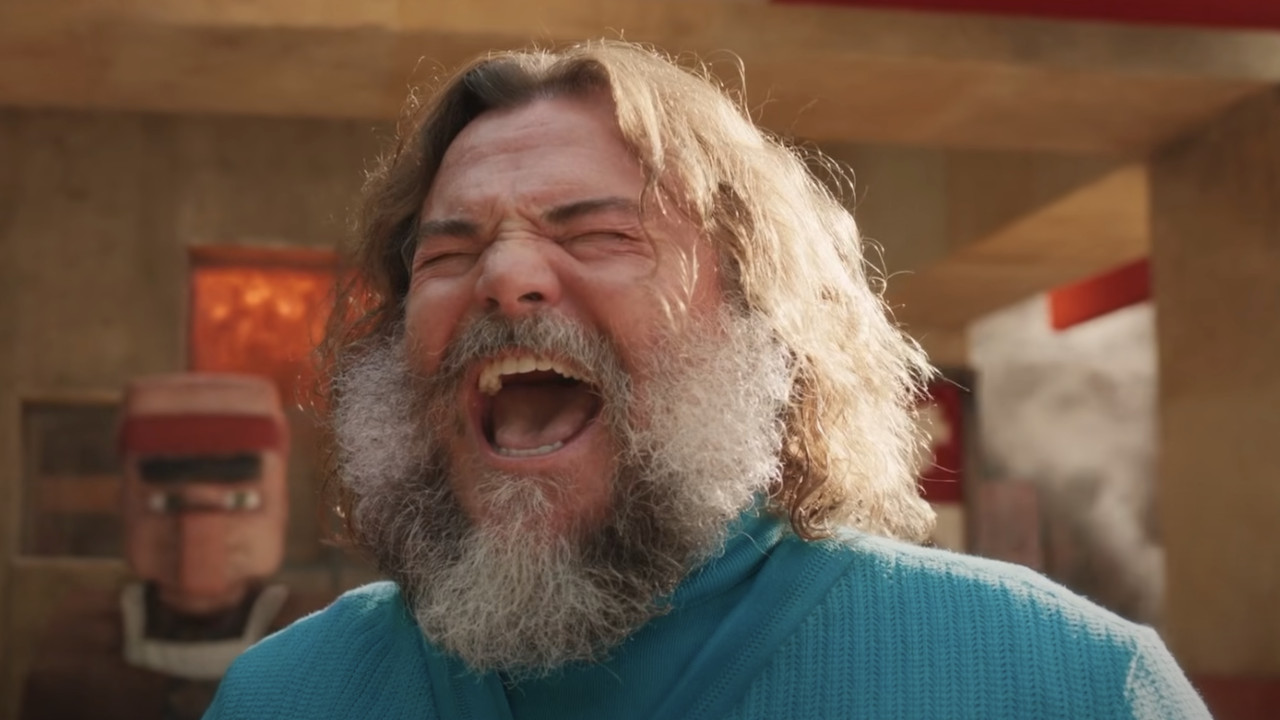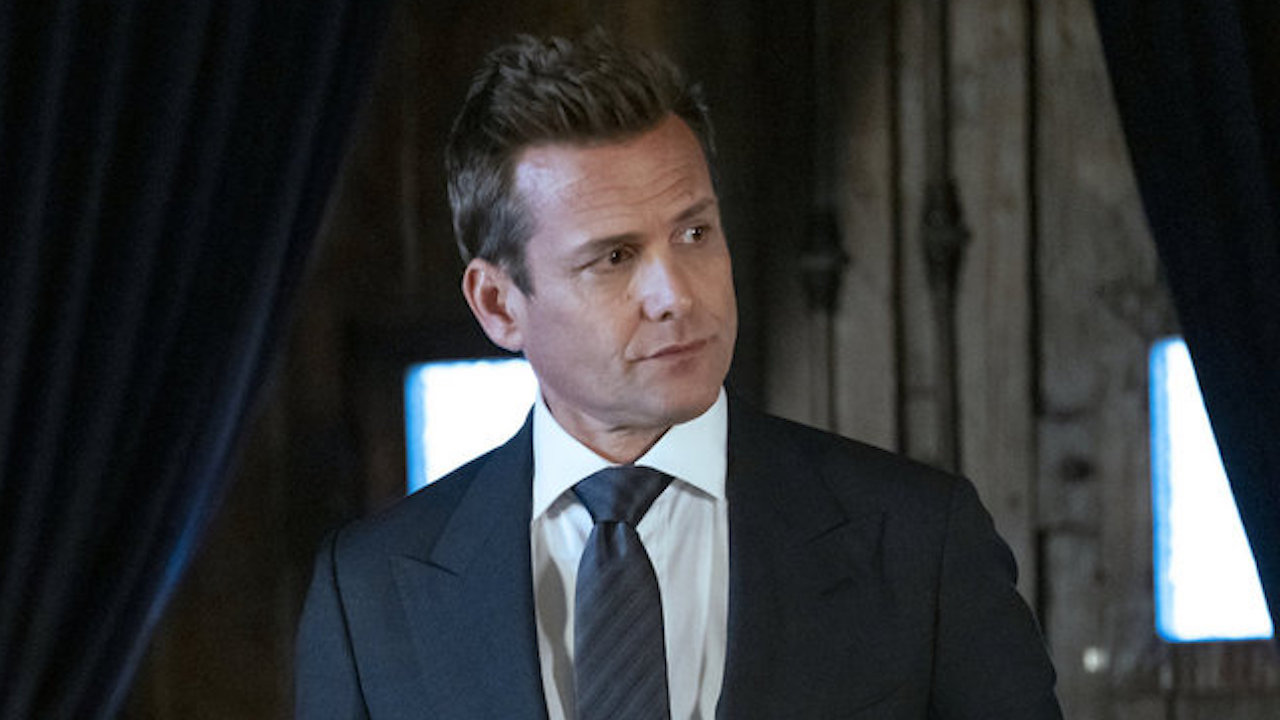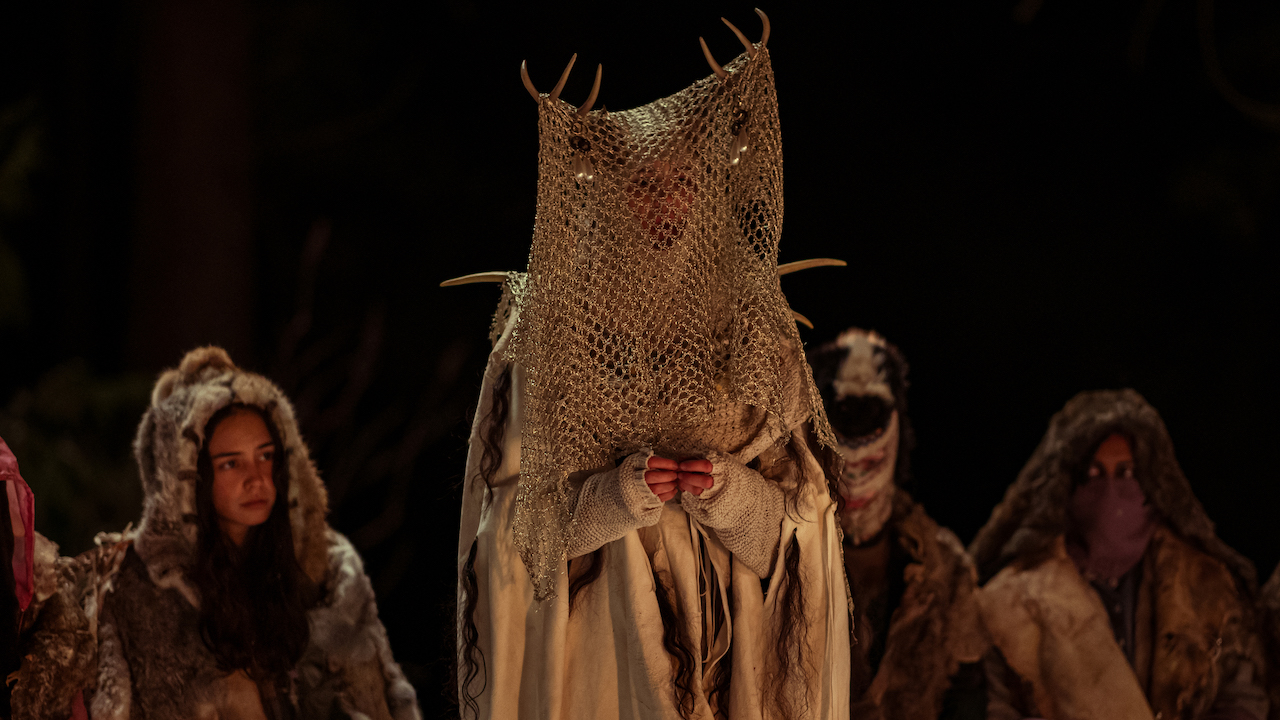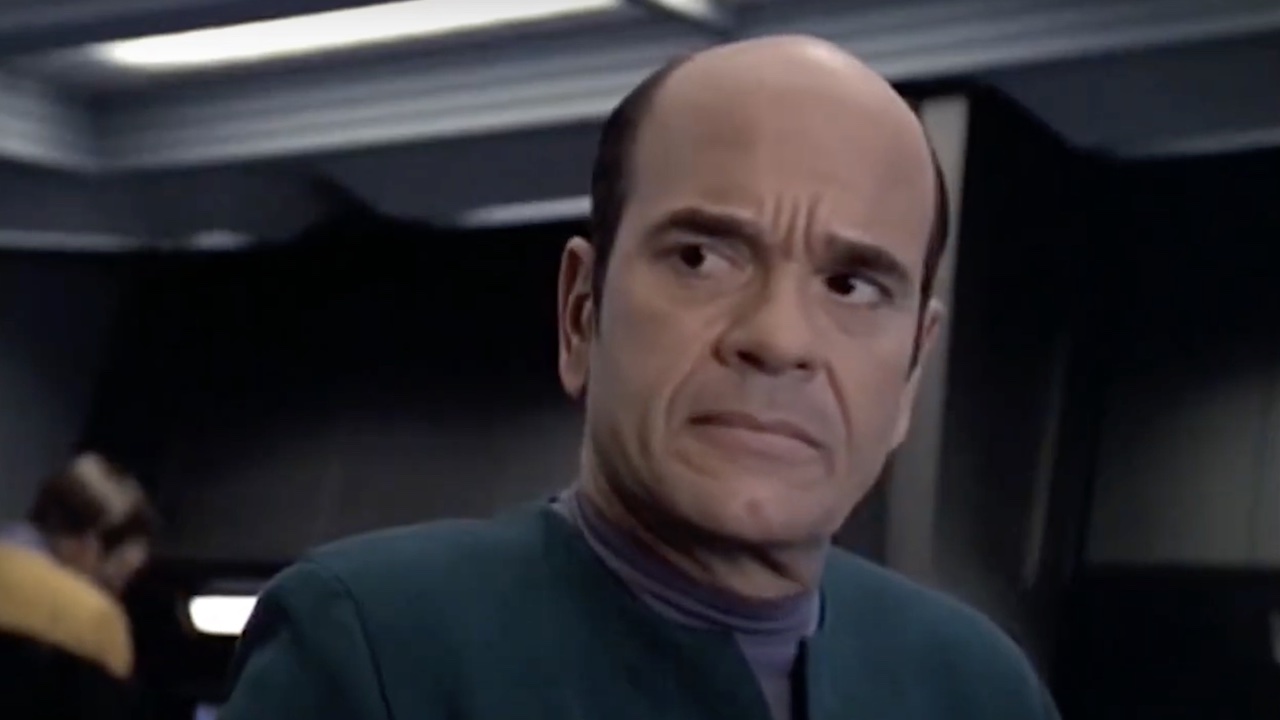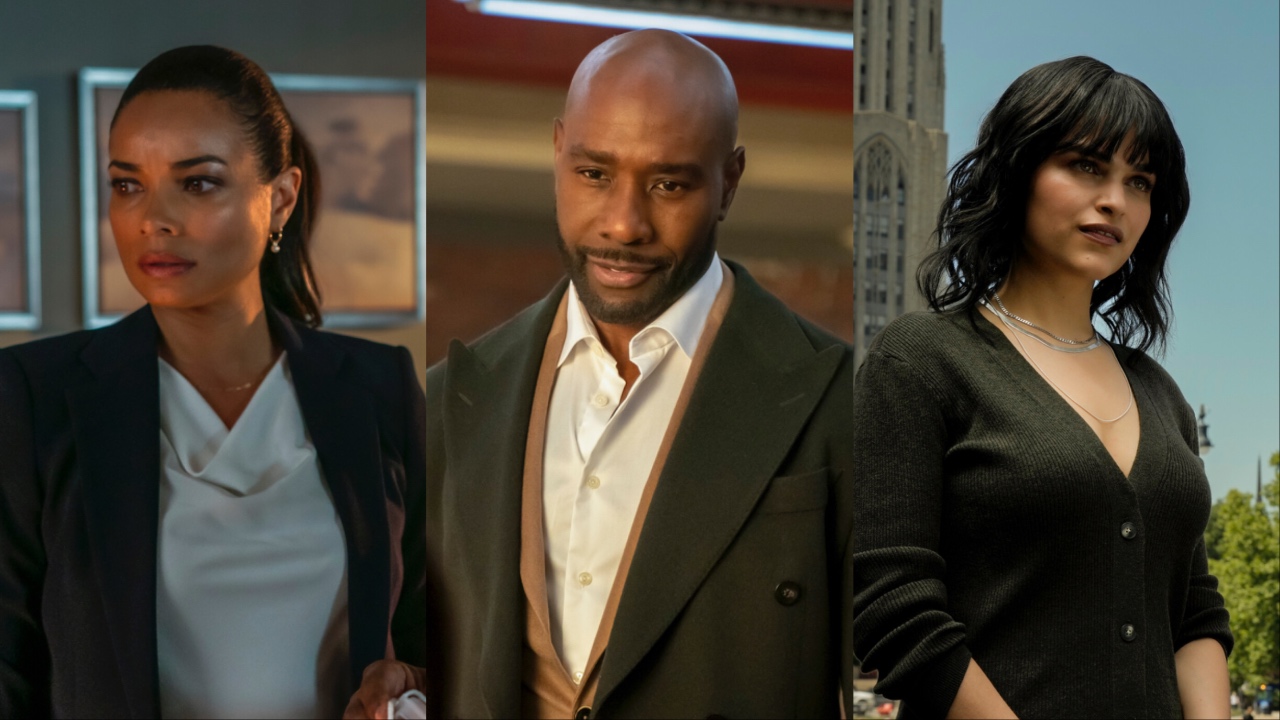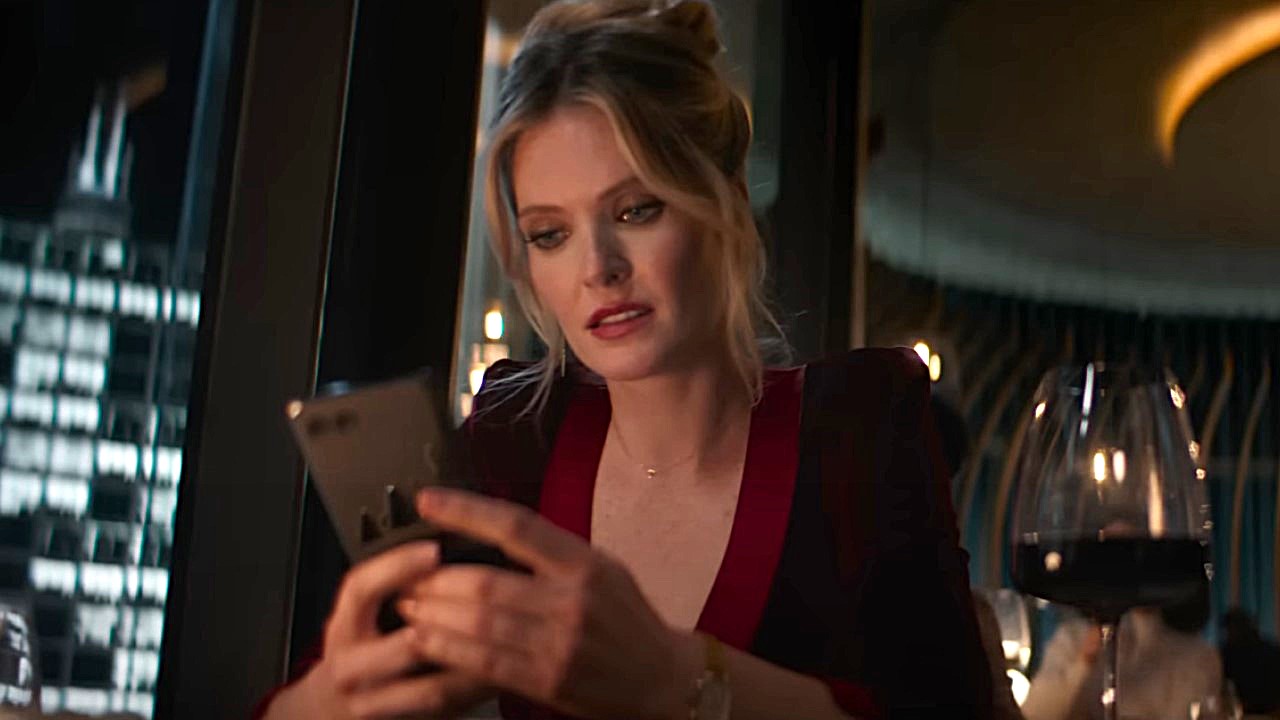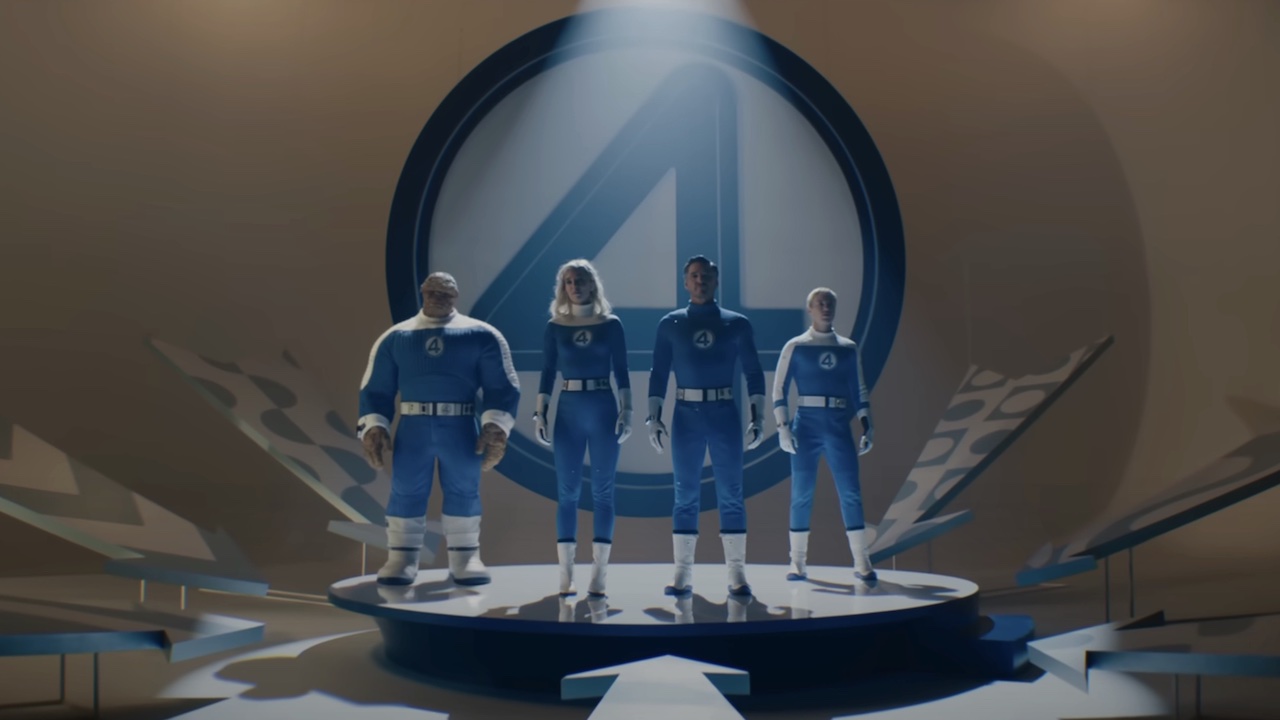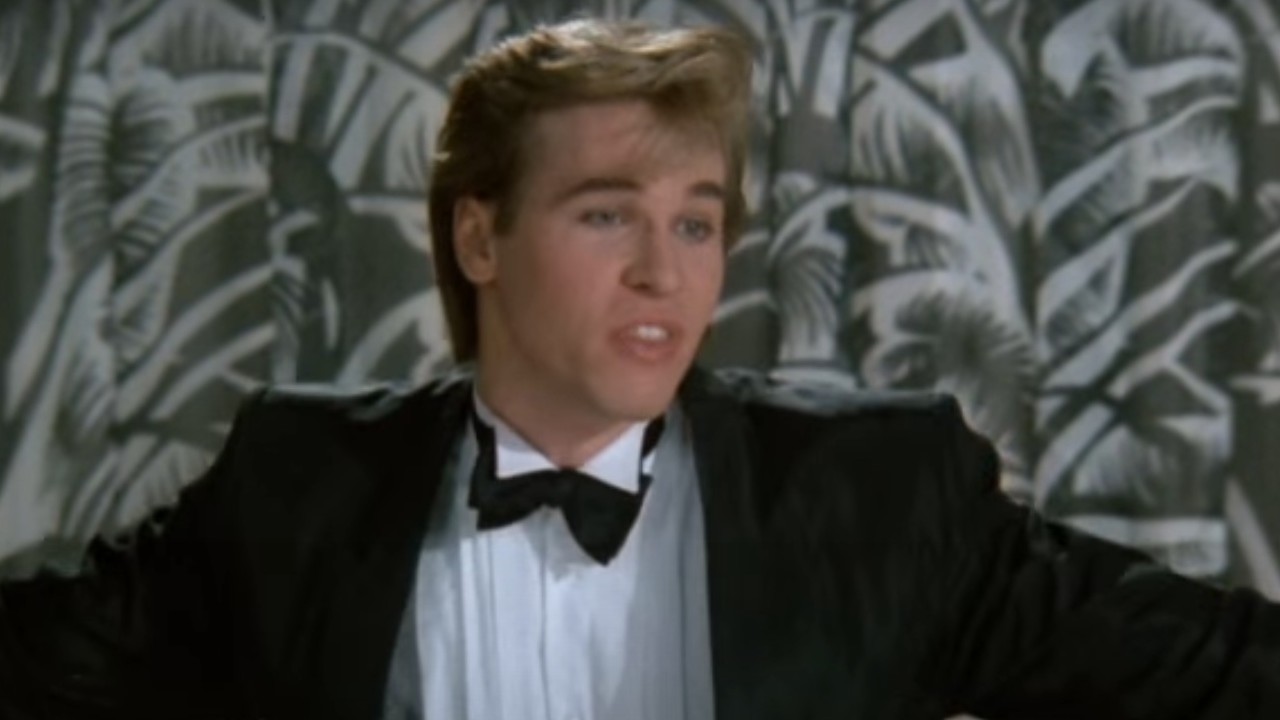How the X-Men Should Join The Marvel Cinematic Universe
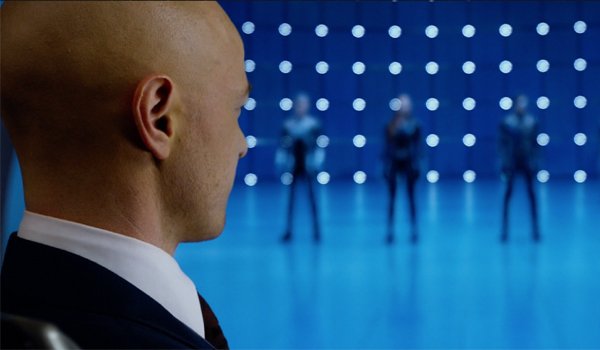
In the year 2000, the X-Men franchise was born, and would ultimately change the movie industry forever. For decades, despite some incredible successes, superheroes were seen as a risky investment in Hollywood, but Marvel's mutants smacked that concept down with a strong mix of quality and success. The arrival of the film ushered in the modern age of comic book movies, and helped it grow to become the all-powerful genre that it is today. The X-Men titles have long been a part of that, with 10 films released over the last 17 years, but thanks to the recently-announced merger between the Walt Disney Company and 21st Century Fox, everything will be changing in the next few months. When all is said and done, the X-Men will become a part of the Marvel Cinematic Universe.
Of course, what is totally unclear at this point is exactly how that is going to happen. Both the X-Men movies and the Marvel Cinematic Universe are franchises that have spent years establishing deliberately sovereign continuities, and it's going to take some creativity to figure out exactly how they can dovetail. It's this very subject that we will be analyzing in this feature, working to determine the best way that the two previously separated Marvel Comics adaptations come together and become one.
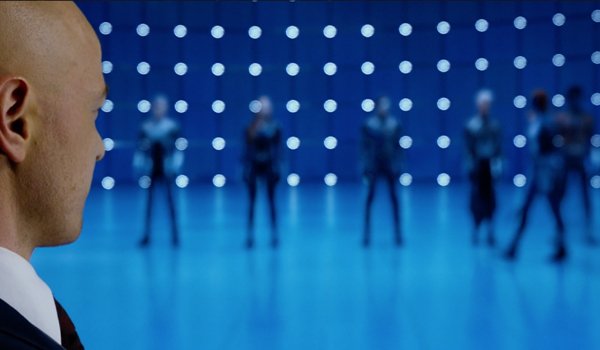
Just Reboot The Whole Thing
The X-Men franchise experienced a soft reboot of its own in 2014 when the third act of X-Men: Days of Future Past erased every event post-1972, but there still remains a lot to the canon - and it continues to grow every year. Through the various movies we've had the chance to get to know big screen versions of incredibly important characters, and they've successfully left their mark on pop culture at large. This is the unquestionably the biggest hurdle to leap when it comes to merging with the Marvel Cinematic Universe... but there is a very easy way to just step around it. Going forward, the X-Men movies could stop permanently, and the MCU could cast their own original versions of Professor Xavier, Wolverine, Jean Grey, Cyclops, and everyone else.
From a creative standpoint, this is certainly the easiest methodology, but it has its significant issues. First of all, while the track record for the X-Men titles has been far less strong than the Marvel Cinematic Universe's, they still have developed a devoted fanbase over the last two decades (something that can't be said about the Fantastic Four). This audience just might take issue with the disappearance of films they love because of no other reason than behind the scenes business machinations, and creative convenience. And as far as introducing the new versions of the heroes, that might be a bit complicated to pull off given that the MCU has spent its 10-year-long existence keeping a significant distance from the term "mutant."
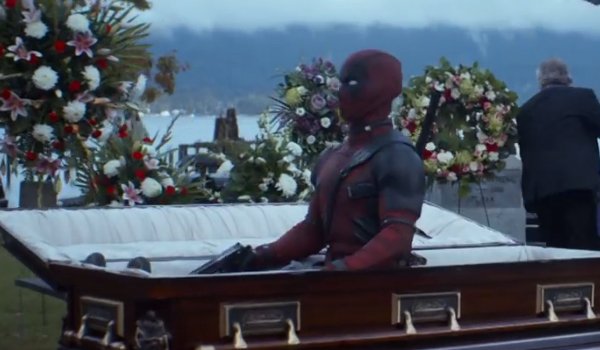
Pick Characters To Keep, And Characters To Ditch
As alluded to earlier, not every choice that has been made in the X-Men movies has been a home run - and that extends to casting and characterization as well. While there have been great successes like Hugh Jackman as Wolverine and Patrick Stewart as Professor X, other decisions either just didn't work, or weren't proper reflections of the source material. There have been efforts to make amends (Deadpool being the perfect example), but other mistakes lingered for years. That in mind, when it comes to the merger with the Marvel Cinematic Universe, the best choice at the end might be to carry over some heroes and villains, but start over with/leave the rest.
This approach would be a way to appease the anti-total reboot fans, and there are certainly methods that can be used to carry characters over (as will be discussed on the next). However, where this idea becomes tricky is the whole "picking and choosing" part. Everyone might agree that Ryan Reynolds is a must-keep as Deadpool post-merger, but there are certainly movie-goers who will question if the Marvel Cinematic Universe could use an older Professor Charles Xavier. Does that mean that James McAvoy doesn't make the cut, despite the fact that he's done a tremendous job with the role in the last seven years? The goal here may be to be more political than a straight-up reboot, but the true result is an epic minefield that the folks at Marvel Studios will probably want to avoid.
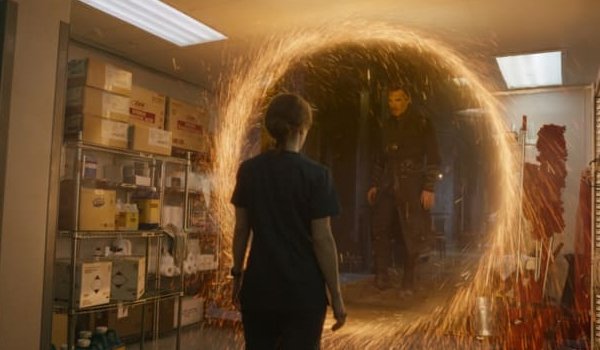
Open Up A Wormhole
If the decision is made that the best way to approach the Disney-Fox merger Marvel-wise is to port over established characters, then they are still left with the issue of solving exactly how that happens. Again, while there are similarities between the two worlds, they are distinctly different. The good news is that both are universes where crazy, fantastical, sci-fi happenings occur all the time, which is a bit of a shortcut. For example, knowing what we know about both the X-Men movies and the MCU, it is entirely plausible that the solution here could be as simple as having a cosmic-ly/magically gifted character simply opening up a wormhole that allows people/things to cross from one universe into the other.
CINEMABLEND NEWSLETTER
Your Daily Blend of Entertainment News
The limited size of a wormhole won't really do the trick if the general idea is to transplant the entire mutant population from one universe to the other - but this plan works if the idea is bring over only key members of the X-Men universe - especially if it's only for a limited time. It's possible that the merger plan is to ultimately keep the Marvel Cinematic Universe and X-Men worlds apart, but keep the potential for crossover open. This means that in a time of crisis the Avengers could call on the X-Men for help, but at the end of the adventure the latter team just goes home to their own dimension. This is a micro fix rather than a macro fix, but that's why we have the final option...
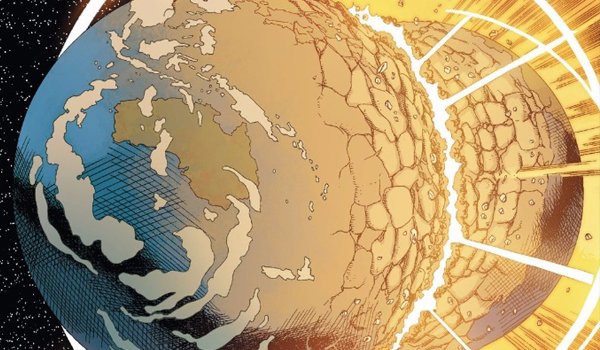
Universes Collide And Create A New One
In 2015, Marvel Comics executed a major shake-up. The decision was made to bring the Ultimate Universe - a different dimension featuring alternate versions of known characters - to an end, and the plan was to merge it with the regular Marvel Universe (known to fans as Earth-616). This was ultimately executed by literally having the two worlds crash in to one another, as depicted on the last page of Deadpool #250 (pictured above). This cataclysmic event resulted in the need for the formation of a new universe, and it was decided that Doctor Doom and Doctor Strange would be the men to design it. This was the event known as Secret Wars, and it could prove to be the perfect source material on which to base a merger between the MCU and X-Men world.
The big screen event wouldn't have to depict any specific details from the comics, but the general idea could be incredibly useful. It would probably have to occur a few years down the line to create some distance from the events of The Avengers: Infinity War and the untitled Avengers 4, allowing the X-Men franchise to keep growing and building, but at some point you just bash the two together like a couple of rocks, and use established characters from both worlds to rebuild (perhaps some form of Marvel's Illuminati - which in the comics includes Iron Man, Mr. Fantastic, Professor X, Black Panther, Namor, Doctor Strange, and Black Bolt). What's put together at the end is a universe that includes the Avengers, the X-Men, the Guardians of the Galaxy, X-Force, the Fantastic Four, and every other Marvel property, all finally co-existing.

Eric Eisenberg is the Assistant Managing Editor at CinemaBlend. After graduating Boston University and earning a bachelor’s degree in journalism, he took a part-time job as a staff writer for CinemaBlend, and after six months was offered the opportunity to move to Los Angeles and take on a newly created West Coast Editor position. Over a decade later, he's continuing to advance his interests and expertise. In addition to conducting filmmaker interviews and contributing to the news and feature content of the site, Eric also oversees the Movie Reviews section, writes the the weekend box office report (published Sundays), and is the site's resident Stephen King expert. He has two King-related columns.
